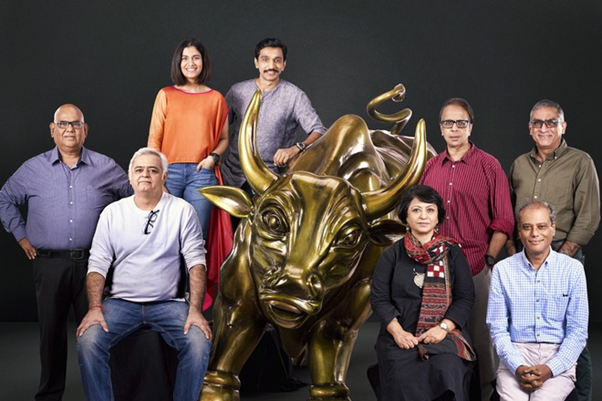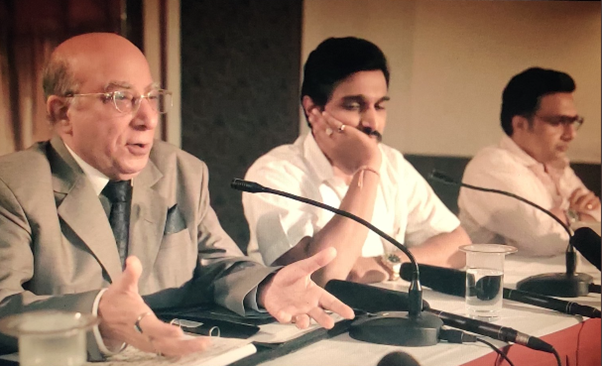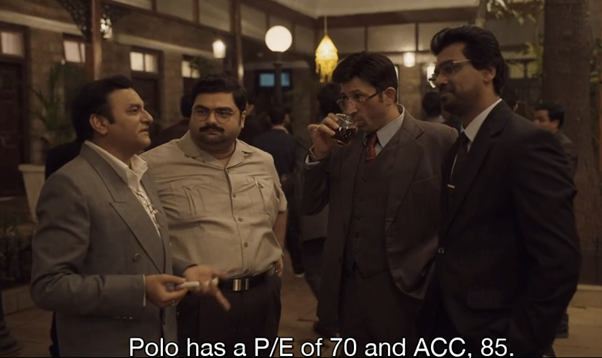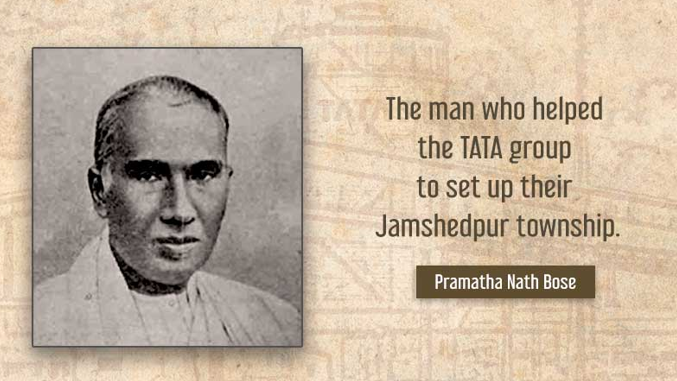In the 1970s-80s BSE was still the club of few Gujaratis (esp Jains) & Parsee and Calcutta SE was the exclusive club of Marwaris. ‘Research’ in those time was just inside trading. One with the biggest money bag would win these speculation battles.
Manu Manek, was the Moneybag. He will lend money to play their games, however, if he gets to know that the person is not bagged by enough cash, we will play the other side of the play <which was usually playing a bearish game> 

Cartel wars were quite common, and usually saw Marwari on one side and Gujarati brokers on the other side. One will have a bullish view on a stock, and the other would try its best to hammer the stock down. But then Marwari’s <esp Ajaj Kayan> and Manubhai met Motabhai’s father!! 

Dhirubhai, became interested in the money market in the late 1980s and played it to recover some of the funds lost in the desperate 1986- 87 defence of the Reliance share price. But he soon shifted to the repo market, where HM was also trying his luck.
Anand Jain, -who engineered the Marwadis to bow down, again decided to kick HM and his brothers (there were 3 of them). One of the brothers was married to a daughter of the vice-chairman of the ICICI, a major lender to Reliance. And, FIL helped Mehtas, also HM met Dhirubhai.
And, the relationship continued for some time, Nimesh Shah was already helping Ambani’s who were concerned about their share price. But real big movement came in 1992 only, which HM pushing the stock from Rs 127 to 455.
In December 1991, the HM had also virtually taken over part of the triple debenture issue by Reliance, by placing a massive orders. Funds put by the ONGC in portfolio management schemes with banks were channelled into Reliance shares!!
Now, coming back to web series. A jobber was a professional speculator and buys and sells shares for himself. He does not have any clients. His business was to speculate on which way prices are moving and make a quick profit on it. 
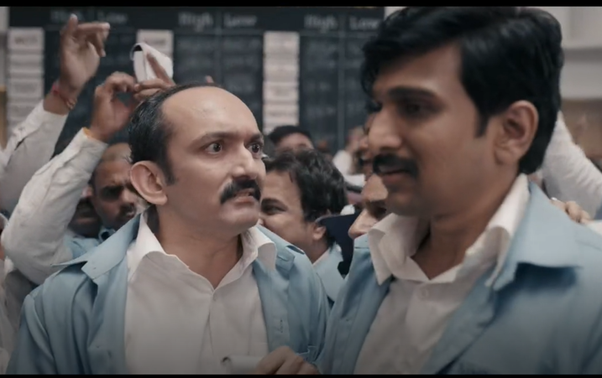
Pallav Sheth was excellent in public relations and confident of his skills. He made crores rigging the shares of the ITC. His skills in diverting corporate finance to stock trading and making mutual funds a dumping ground for a continuous source of funds was a new thing. 
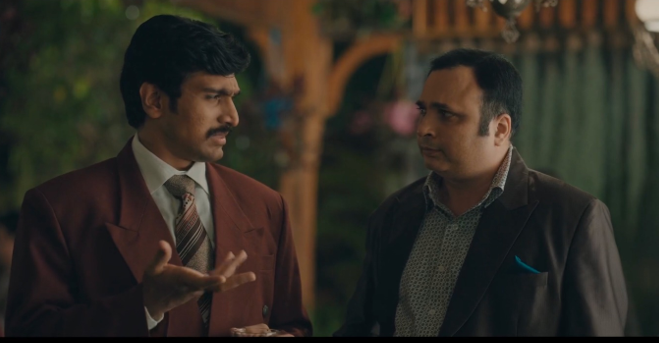
Nemish Shah, Manu Manek and Ajay Kayan were the players with an ability to make or break a stock. Manu Manek was more feared than respected because of being quite ruthless. 'Triple-R’s' were learning the tricks from him. 
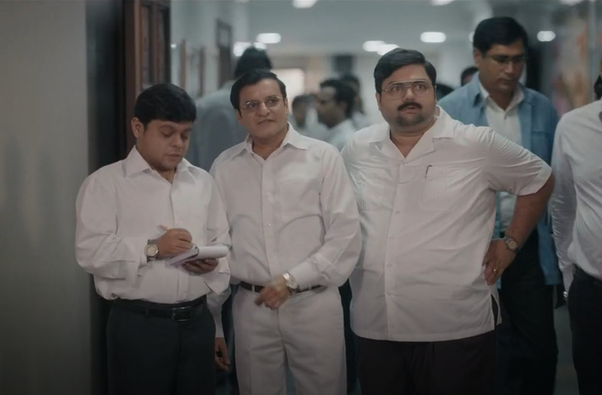
As HM was gaining ground they were loosing the same. HM was playing the nationalism card also. He had also a theory of replacement cost took cement company ACC to Rs.10,000. 
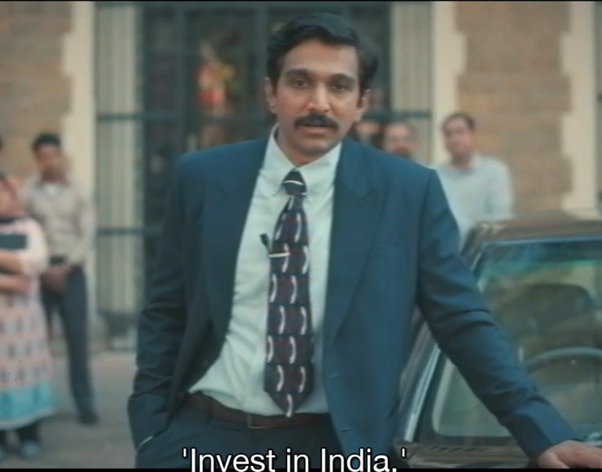
HM, when entered into money market it was dominated by Kayan, Hemendra Kothari, Bhupen Dalal and Hiten Dalal. But, Dhirubhai’s blessing <some says it was he who pushed Pherwani to help HM>, and some Delhi dealing made him the rising star of this market also.
His plan was to go beyond Merril Lynch and have a turnover of 1,000cr by 1993 and 5,000cr by 1995. So, what brought the Big Bull’s fall. Just too many oppositions and very few friends. Let's focus on the afterlife of the Scam. Many heads rolled. The government nearly collapsed.
Action by RBI:
New legislation was enacted and the most modern payments and settlement was installed in the RBI. Most importantly, it forced India to adopt the practice of having a repo or repurchase rate—a practice common in countries with advanced financial markets.
New legislation was enacted and the most modern payments and settlement was installed in the RBI. Most importantly, it forced India to adopt the practice of having a repo or repurchase rate—a practice common in countries with advanced financial markets.
SEBI got more power. And a much tighter watch on foreign banks because they had been the ringleaders in the whole affair. BSE was cut down to size by setting up of National Stock Exchange.
Now, some quick side notes:
Now, some quick side notes:
S. Venkitaramanan’s departure paved the way for former deputy governor C. Rangarajan, a favourite of Dr Manmohan Singh to head RBI.
RBI also got involved in a dispute involving ANZ Grindlays Bank and NHB over overdue payments, this led to the exit of Grindlays Bank from India.
RBI also got involved in a dispute involving ANZ Grindlays Bank and NHB over overdue payments, this led to the exit of Grindlays Bank from India.
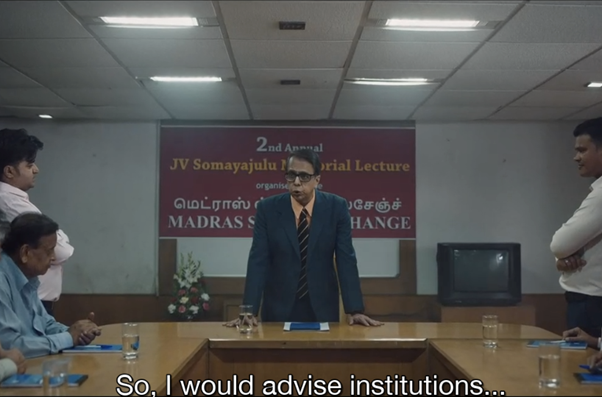
Kayan had another partner, Utsav Parekh. They were the leading brokers for virtually all the Birlas companies. Utsav’s son will later marry Praful Patel's daughter. 
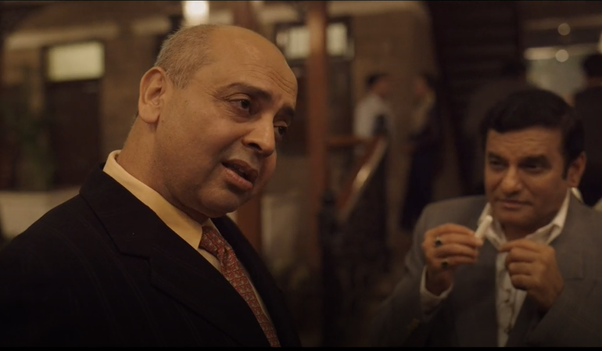
The Polo Steel is Apollo tyre. Harshad Mehta had acquired 25 per cent of Apollo’s shares against the 18 % owned by Onkar Kanwar and Raunaq Singh. 

Sensex had been trading between 700 and 850 from January to June 1990. In 1991, it was at 1,200, which zoomed to 4,500 points in 1992. Finally, the scam was uncovered and the SENSEX tanked by more than 2,800 points within a week.
Some of the 27 lakh missing shares of Harshad Mehta pertaining to 90 companies, were later sold by Ketan Parekh, who worked for him for few years.
Extention of this story:
Read about the Mittals from Ludhiana and their connection with Harshad Mehta.
Read about the Mittals from Ludhiana and their connection with Harshad Mehta.
https://twitter.com/sidart_misra/status/1381112324593831938
• • •
Missing some Tweet in this thread? You can try to
force a refresh

